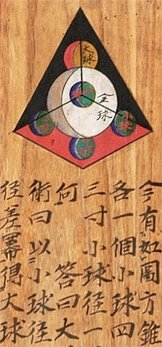Yahoo may need a Kleenex
Two weeks ago the venerable Merriam-Webster dictionary announced its latest update, which includes new tech words and phrases like “spyware,” “avian influenza,” and “text messaging.” Surprisingly, it also contains the verb "google,” defined as a transitive verb meaning “to use the Google search engine to obtain information about (as a person) on the World Wide Web.” Although the entry retains capitalization on the noun Google (in the word's etymology: “Google, trademark for a search engine”), the verb google is lowercase.
Historically, the use of a company's name as a generic term has made it difficult to enforce the trademark. That's how Bayer lost “aspirin” in 1921, and it drives companies like Xerox, Kleenex, Band-Aid, Jell-O, and Velcro completely nuts. Google, however, is ok with the definition because it specifically defines “googling” as relating to the Google search engine, not any search done on the Internet. The Oxford English Dictionary (OED), which released its update June 15, also added “Google” as a verb, but it retained the capitalization.
Historically, the use of a company's name as a generic term has made it difficult to enforce the trademark. That's how Bayer lost “aspirin” in 1921, and it drives companies like Xerox, Kleenex, Band-Aid, Jell-O, and Velcro completely nuts. Google, however, is ok with the definition because it specifically defines “googling” as relating to the Google search engine, not any search done on the Internet. The Oxford English Dictionary (OED), which released its update June 15, also added “Google” as a verb, but it retained the capitalization.

